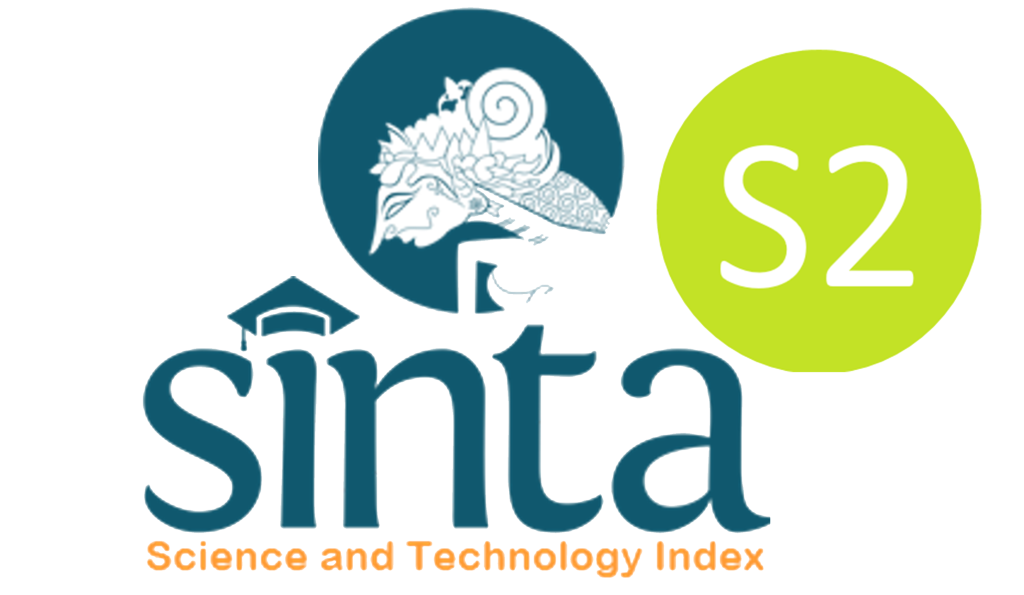CRIMINAL PROVISIONS FOR PERPETRATORS OF TERRORISM FROM THE PERSPECTIVE OF INDONESIAN CRIMINAL LAW
DOI:
10.54443/ijerlas.v5i5.3979Published:
2025-09-20Downloads
Abstract
Terrorism is an extraordinary crime that requires extraordinary measures. Terrorism has become a global phenomenon that has spread to almost every country in the world, including Indonesia. As in other regions, terrorism in Indonesia also has a theological and ideological basis and networks that make it strong resistance. To date, the crime of terrorism is one of the serious threats to national security. Terrorism is a theme that attracts the attention of many groups, especially academics, to study it from various aspects. Acts of terrorism often occur in Indonesia. The incident that occurred domestically, which made the image of Indonesia as a country that is unsafe for foreign citizens was the case of the Bali Bombing. Indonesian society generally condemned the act. The crime of terrorism resulted in the death of many victims, is very contrary to the Qur'an and Law Number 5 of 2018, so that the perpetrators must be subject to criminal sanctions or punishment as a result of their actions, namely the death penalty. This study uses a normative juridical approach method, with analytical descriptive research specifications. The data used in this study are secondary data obtained through literature studies, then analyzed qualitatively using law enforcement theory and Islamic justice theory. The results of this study are that the Government has made a new law in an effort to prevent acts of terrorism, namely Law Number 5 of 2018 concerning Amendments to Law Number 15 of 2003 concerning the Determination of Government Regulations in Lieu of Law Number 1 of 2002 concerning the Eradication of Criminal Acts of Terrorism into Law. Article 6 explains that: "Any person who intentionally uses violence or threats of violence that create an atmosphere of terror or fear in people on a widespread basis, causes mass casualties by depriving others of their freedom or loss of life and property, or causes damage or destruction to strategic vital objects, the environment or public facilities or international facilities shall be punished with imprisonment of at least 5 (five) years and a maximum of 20 (twenty) years, life imprisonment, or the death penalty."
Keywords:
Terrorism Criminal Acts CriminalizationReferences
Abdul Gani Abdullah, “Undang-Undang Terorisme dan Penerapannya di Indonesia,” dalam Forum Diskusi Hukum dan Terorisme, (Bogor, 2005).
Abdul Wahid, Dkk, Kejahatan Terorisme: Perspektif Agama, HAM dan Hukum, PT Refika Aditama, Bandung, 2004
Adami Chazawi, Pelajaran Hukum Pidana(Jakarta: Rajawali Pers, 2010)
Ali Masyar, Gaya Indonesia Menghadang Terorisme: Sebuah Kritik Atas Kebijakan Hukum Pidana Terhadap Tindak Pidana Terorisme di Indonesia, CV. Mandar Maju, Bandung, 2009
Andi Hamzah, Kapita Selekta Hukum Pidana Mengenang Oemar Seno Adji, Ghalia Indonesia, Jakarta, 1995,
Atmasasmita, Romli. Masalah Pengaturan Terorisme dan Perspektif Indonesia. Jakarta: Badan Pembinaan Hukum Nasional Departemen Kehakiman dan HAM RI. 2002
Barda Nawawi Arief, Kebiiakan Legislatif Dalam Penanggulangan Kejahatan dengan Pidana Penjara, Universitas Diponegoro, Semarang, 1994
Bustanudin Agus, Agama Dalam Kehidupan Manusia, Rajawali Pers, Jakarta, 2006 Djoko Prakoso,1998, Hukum Penitensier Di Indonesia. Liberty, Jakarta
Herbert L. Packer, The Limits of The Criminal Sanction, Stanford University Press, California, tt
Indriyanto Seno Adji, Revisi UU Terorisme, Penegakan Hukum dan Perlindungan HAM, Kompas, Jakarta, 2016
J.E. Sahetapy, Pidana Mati Dalam Negara Pancasila, Citra Aditya, Bandung, 2007
Juanrico. A. S. Titahelu, The Use Of Torture While Investigation Suspected Terririst, Internternational Journal Of Research And Developmen Organisation, Vol. 1 Issue 9 september 2015
Lawrence, Friedman M. Sistem Hukum, Perspektif Ilmu Sosial. (Terjemahan) M. Khozim. Bandung: Nusamedia. 2009.
M. Solly Lubis, Filsafat Ilmu dan Penelitian, Mandar Maju, Bandung, 2004 Mahrus Ali,Dasar-Dasar Hukum Pidana, Sinar Grafika, Jakarta, 2015
Muladi. “Penanggulangan Terorisme Sebagai Tindak Pidana Khusus.” dalam Seminar Pengamanan Terorisme sebagai Tindak Pidana. Jakarta.
Noor MS Bakry, Pancasila Yuridis Kenegaraan, Liberty, Yogyakarta, 1994
Randy Pradityo, “Kebijakan Hukum Pidana dalam Upaya Penganggulangan Tindak Pidana Pendanaan Terorisme” dalam Jurnal Rechtsvinding, Volume 5, Nomor 1, April 2016
Roeslan Saleh, Stelsel Pidana Indonesia, Aksara Baru, Jakarta, 1983
Romli Atasasmita dan Tim, Analisis Dan Evaluasi Peraturan Perundang- undangan Tentang Pemberatasan Tindak Pidana Terorisme(Undang- Undang Nomor 15 Tahun 2003),(Jakarta : Badan Pembinaan Hukum Nasional Kementrian Hukum Dan Hak Asasi Manusia, 2012)
Sedarmayanti & Syarifudin Hidayat, Metodologi Penelitian, CV. Mandar Maju, Bandung, 2002
Soerjono Soekanto, Pengantar Penelitian Hukum, Ctk. Ketiga, UI Press, Jakarta, 2010,
Soerjono Soekanto, Pengantar Penelitian Hukum, Grafindo, Jakarta, 2006 Sulisty Basuki, Pengantar Dokumentasi Ilmiah, Kesaint Balanc, Jakarta, 1989 Yasmirah Mandasari Saragih, Implementation of Deradicalization of Terrorism
Convicts in Indonesia, International Journal of Law, Crime and Justice Vol.1, No.3 September 2024
Wibowo, Ari. Hukum Pidana Terorisme: Kebijakan Formulatif Hukum Pidana Dalam Penanggulangan Tindak Pidana Terorisme di Indonesia. Yogyakarta: Graha Ilmu.
License
Copyright (c) 2025 Jacky Wicaksana, Fitria Ramadhani Siregar, Abdul Razak Nasution

This work is licensed under a Creative Commons Attribution 4.0 International License.









